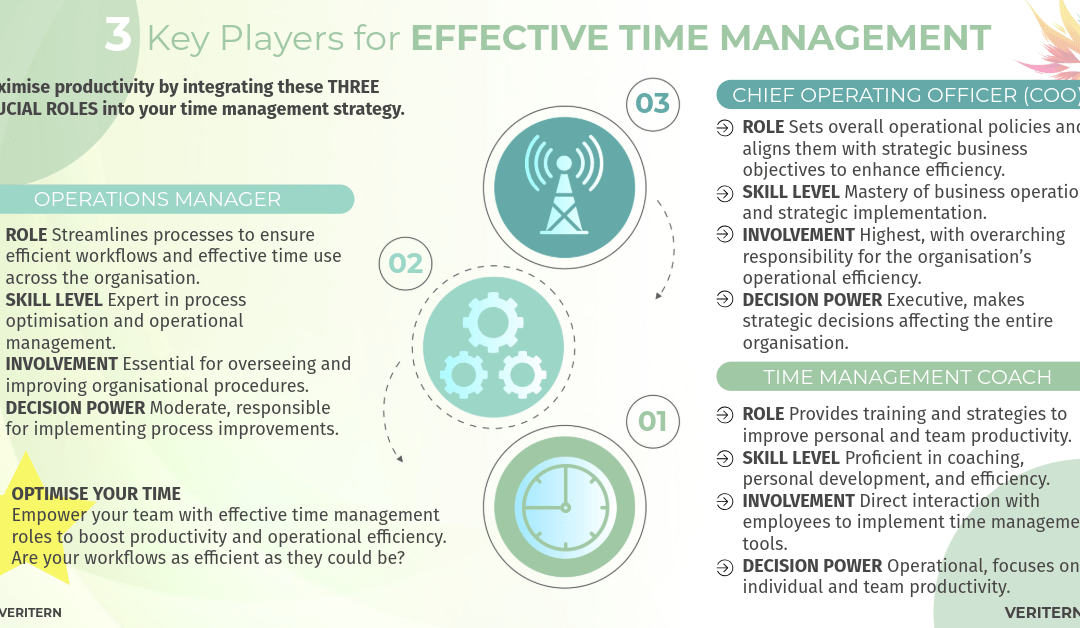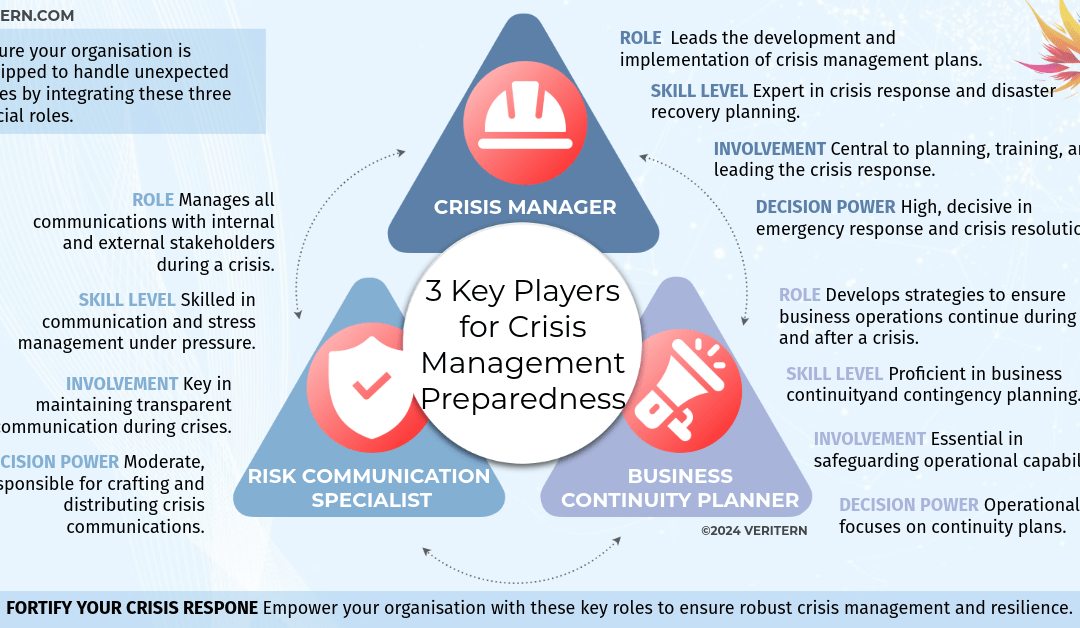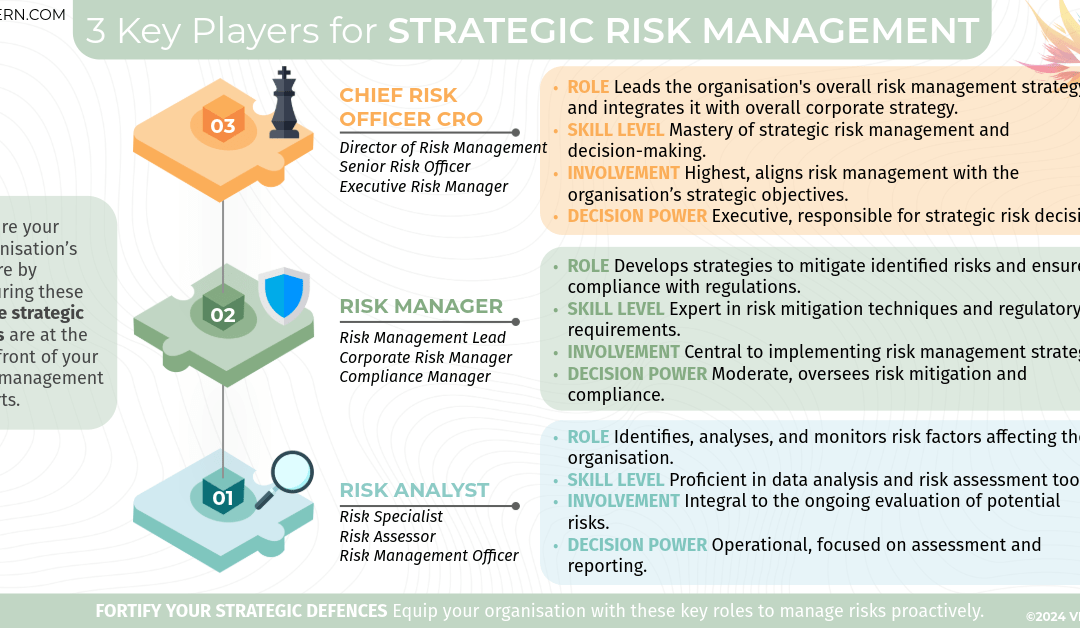Have you ever wondered what truly empowers a Scrum team? The role of the Scrum Master is pivotal, shaping the dynamics and effectiveness of the team. Recent studies show that 85% of Scrum teams credit their success to effective Scrum Master facilitation (source: Scrum Alliance). In this post, we will delve into how Scrum Masters foster an environment of growth, collaboration, and success.
Active Facilitation of Daily Stand-ups Daily stand-ups are the heartbeat of Scrum, and an effective Scrum Master ensures every voice is heard. They facilitate these meetings with precision, ensuring team members share updates, discuss blockers, and align on goals. By actively engaging everyone, the Scrum Master cultivates a sense of inclusion and purpose.
Seamless Coordination During Sprint Planning and Reviews Sprint planning and reviews are critical junctures where the Scrum Master shines. Using clear visual aids, they help the team understand priorities, scope, and deliverables. This clarity is crucial for aligning team efforts with project goals, fostering a sense of direction and focus.
Continuous Encouragement for Self-Management A cornerstone of Scrum is self-management. The Scrum Master continuously encourages the team to take ownership of their work, promoting autonomy and accountability. This empowerment is key to developing a high-performing team that is motivated and self-sufficient.
Detailed Explanations of Scrum Processes Understanding the nuances of Scrum is vital for its successful implementation. Scrum Masters provide detailed explanations of processes, ensuring everyone is on the same page. This clarity helps avoid misunderstandings and keeps the team aligned with Scrum principles.
Constructive Feedback During Retrospectives Retrospectives are opportunities for growth, and constructive feedback is essential. Scrum Masters guide these sessions, helping the team reflect on their performance, identify areas for improvement, and implement actionable changes. This iterative process leads to tangible improvements and a culture of continuous learning.
Building a Culture of Trust and Respect Trust and respect are the bedrock of effective teams. Scrum Masters foster these values by creating a safe environment where team members feel comfortable sharing ideas and admitting mistakes. This culture encourages innovation, learning, and collaboration.
Connected to the Team’s Mission A successful Scrum team is deeply connected to its mission and each other’s success. The Scrum Master nurtures this connection by aligning team efforts with the broader project goals. This alignment not only boosts morale but also ensures that the team’s work has a meaningful impact.
Confident and Competent Teams Confidence and competence are outcomes of effective Scrum Mastery. By providing support, guidance, and resources, Scrum Masters help team members tackle challenges and achieve their sprint goals. This competence breeds confidence, driving the team towards continuous success.
Cultivating a Learning Environment Mistakes are inevitable, but how a team handles them defines its success. Scrum Masters cultivate an environment where mistakes are seen as learning opportunities. This perspective encourages experimentation and innovation, key drivers of progress and improvement.
In conclusion, the role of the Scrum Master is multifaceted, encompassing facilitation, coordination, encouragement, and mentorship. By fostering a culture of trust, respect, and continuous improvement, Scrum Masters empower their teams to achieve remarkable success. If you’re interested in learning more about how to harness the power of Scrum Mastery, follow us for more insights and practical tips.
Call to Action: Follow us for more insights on Scrum Mastery and how to empower your teams effectively. Visit our website to book a chat with our experts: Book a chat.






0 Comments